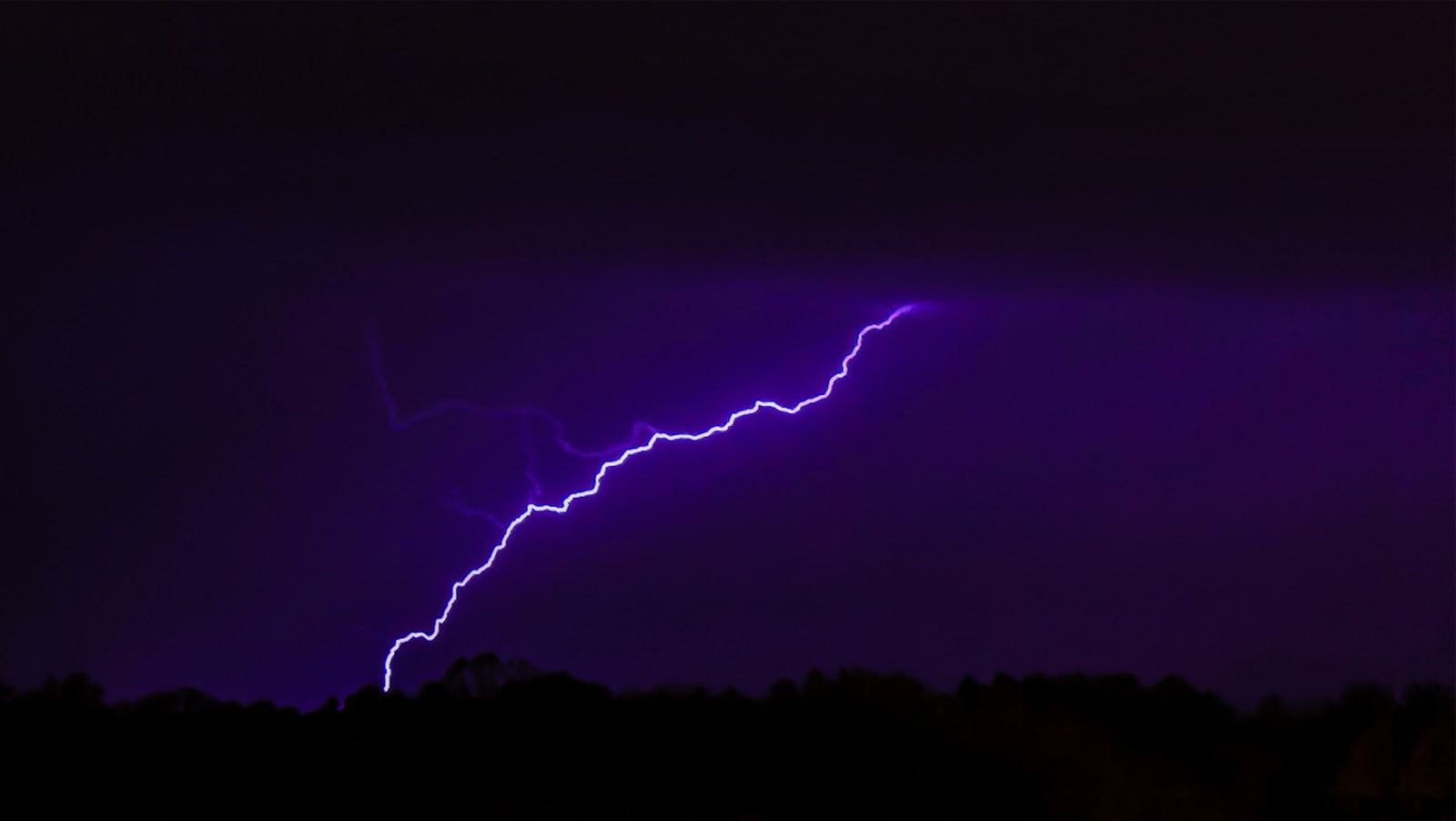
风暴
fēng bào

storm
In Chinese, the word for 'storm' is '风暴'. It is used much in the same way as in English, referring to a violent disturbance of the atmosphere with strong winds and usually rain, thunder, lightning, or snow. It carries the same connotations of chaos and intensity, and can be used metaphorically as well.
Example sentences using: 风暴
风暴正在逼近我们的城市。
Fēngbào zhèngzài bījìn wǒmen de chéngshì.

The storm is approaching our city.
This sentence describes an ongoing situation where a storm, referred to as '风暴' in Chinese, is nearing the speaker's location (the city).
他眼中的愤怒就像风暴一样。
Tā yǎnzhōng de fènnù jiùxiàng fēngbào yīyàng.

The anger in his eyes is like a storm.
This sentence uses metaphorical language to compare the intensity of someone's anger to the sturdiness and power of a storm, referred to as '风暴' in Chinese.
风暴来临之前总是很宁静。
Fēngbào láilín zhīqián zǒng shì hěn níngjìng.

It's always very quiet before the storm comes.
This sentence describes the calm before the arrival of a storm, referred to as '风暴' in Chinese.
这场雨转变成了风暴。
Zhè chǎng yǔ zhuǎnbiàn chéngle fēngbào.

This rain has turned into a storm.
This sentence describes a situation where the rain has escalated into a more severe weather condition, specifically a storm, referred to as '风暴' in Chinese.
在风暴中,我们必须保持镇静。
Zài fēngbào zhōng, wǒmen bìxū bǎochí zhènjìng.

In the storm, we must stay calm.
This sentence advises the need for calmness in a challenging situation metaphorically described as being in a storm, referred to as '风暴' in Chinese.
风暴将会很快过去。
Fēngbào jiāng huì hěn kuài guòqù.

The storm will pass quickly.
This sentence assures that a challenging situation or a difficult time symbolized as a storm (风暴) in Chinese, will resolve quickly.
我看到了风暴的眼睛。
Wǒ kàndào le fēngbào de yǎnjīng.

I saw the eye of the storm.
This sentence is about a person being in the center of the storm, referred to as the 'eye of the storm' and '风暴的眼睛' in Chinese.
风暴带走了我们的房子。
Fēngbào dàizǒu le wǒmen de fángzi.

The storm took our house.
This sentence vividly describes an extreme case where a storm, referred to as '风暴' in Chinese, caused significant damage to the speaker's property, specifically their house.
风暴后, 春天就来了。
Fēngbào hòu, chūntiān jiù lái le.

After the storm, spring comes.
This sentence paints an optimistic picture, metaphorically implying that tough times represented by the storm ('风暴' in Chinese) are followed by better times symbolized by spring.
风暴会过去,希望永在。
Fēngbào huì guòqù, xīwàng yǒng zài.

The storm will pass, hope forever.
This phrase is a metaphor that storms ('风暴' in Chinese) representing challenges or hard times will pass, and hope will always be present.